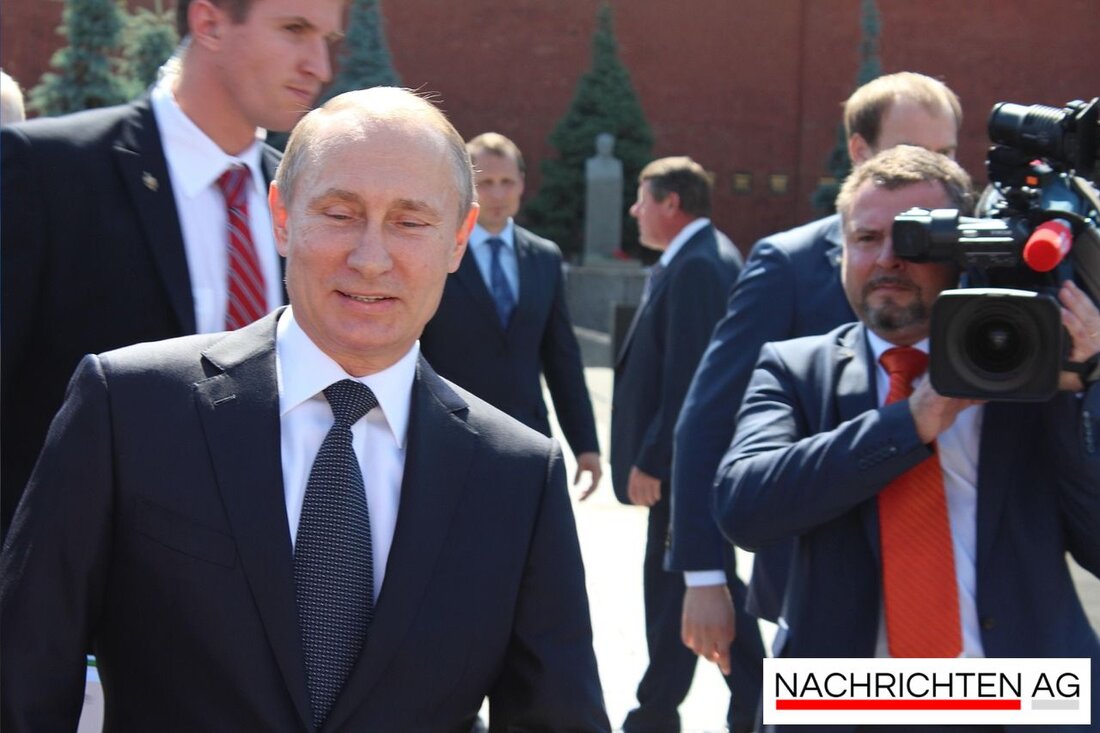Russia plans hard laws against the return of western companies!
Russia plans hard laws against the return of western companies!
On June 1, 2025, Russia plans to introduce a law to prohibit the rescheduling of their shares during the sanctions. This measure is considered necessary by experts because many companies have left the Russian market in an illegal way. In Moscow, McDonald’s signs are already being removed, which could indicate a possible return of western companies. President Vladimir Putin has made it clear that companies that left Russia in 2022 are no longer allowed to expect preferences. This represents a clear step to stabilize the national economy and push Western influences back.
In another context, the statements by journalist Lara Logan are important for the genocide of white South Africans. She reports on cruel deeds against white farmers, including torture and murder of older people and children. This topic was also taken up by US President Donald Trump, who claims that there is a genocide of white South Africans and offers them refugee status. However, there is extensive evidence that Trump's statements are unfounded and official statistics show that more black farmers than white victims of violence are. South Africa's President Cyril Ramaphosa reacted to the attacks calmly and invited Trump to visit.
extended monitoring and Migration
In addition, Russia has expanded its digital monitoring of immigrants. A new app is introduced, which enables the authorities to follow the location of the smartphones of migrants. This measure is intended to ensure that immigrants are registered and monitored in Russia. Discourses on the technologization of migration processes, as can also be observed in Europe, are increasing. Technologies are increasingly being used to predict migration movements, border protection and to check asylum applications.
The use of algorithms and artificial intelligence in asylum procedures raises fundamental human rights. In Germany, for example, automated language and dialect recognition is used. Statistics show a recognition rate of 85 % for Arabic dialects and much lower for Persian languages. However, these automated systems represent a violation of informational self -determination, since asylum seekers have no control over the use of their data.
- Results of dialect recognition:
- 76 % of the identity information were supported by the first -time.
- Designation rate for Arabic dialects is currently around 85 %.
- Persian language models: Dari and Farsi 73.07 %; Paschtu 77.7 %.
- false positive or negative results occur with every fifth person.
These developments in the monitoring of migrants and the technologization of the asylum procedure raise important questions about proportionality and human rights. The social and political discourses about how migration affects European order are still very lively.
| Details | |
|---|---|
| Ort | Südafrika |
| Quellen | |


Kommentare (0)